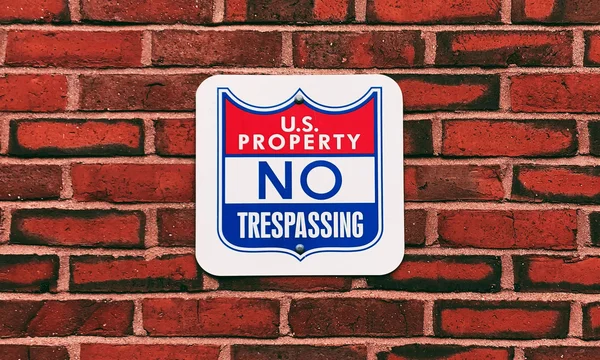
Here's something you don't see every day. Judge Noreika today remanded a case with a DJ claim seeking a “determination that Nokia’s patent rights are exhausted” back to the Delaware Court of Chancery where it was initially filed.
Continental Automotive Systems requested that determination in its breach of contract complaint, which it filed in the Delaware Court of Chancery. Continental claims that Nokia's patents are subject to FRAND obligations, and that it breached a contract by failing to offer licenses to patents on FRAND terms.
Judge Noreika held that because patent exhaustion is a defense, not an affirmative claim, it does not raise a question of federal law, and there is no subject matter jurisdiction:
The Federal Circuit has held that patent jurisdiction does not extend to a case solely because of reference to a patent law defense. See ExcelStor Techs., Inc. v. Papst Licensing GmbH & Co. KG, 541 F.3d 1373 (Fed. Cir. 2008). More specifically, “[a] claim does not arise under the patent laws if a patent issue appears only in a defense to that claim” and “patent exhaustion is a defense to patent infringement, not a cause of action.” Id. at 1376. . . . This Court is persuaded that ExcelStor applies here. As in ExcelStor, here, patent law is not a “necessary element” of Continental’s claim that Nokia has breached its contractual obligations to license SEPs on FRAND terms. It appears that Continental’s “right to relief” depends on interpretation of contracts, not patent law, because “Continental’s claims are all a function of Nokia’s two contracts” and this “require[s] the Court to interpret the effect of those two contracts[.]” (D.I. 10 at 2). Therefore, because interpretation of Nokia’s two agreements does not require a patent law determination, this claim is properly made by a state, not a federal, court under state law of contract and the case must be remanded.
This result surprises me a bit, as granting relief plainly involves applying federal exhaustion law to some extent, and could potentially preclude an infringement suit on those products/claims.
But the outcome seems consistent with the Federal Circuit's ExcelStor case. That case remanded an action that dealt with a similar situation, in which the claim sought "a declaratory judgment that [the defendant] had violated the ‘Patent Exhaustion/First Sale doctrine’ by collecting two royalties from the sale of the same patented hard disk drives.” Excelstor Tech., Inc. v. Papst Licensing GmbH & Co. KG, 541 F.3d 1373, 1375 (Fed. Cir. 2008).
If you enjoyed this post, consider subscribing to receive free e-mail updates about new posts.


